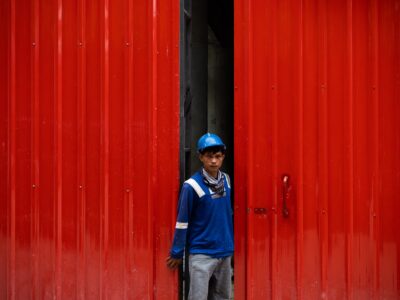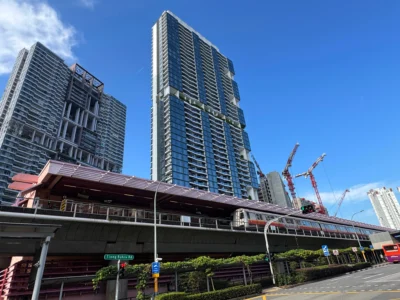Canadian condos a hit with non-residents: report
Median value of foreign-owned condominiums from Vancouver to Toronto eclipses those by residents

Condominium units in British Columbia, Ontario and Nova Scotia are proving most popular with non-residents and fetching higher prices than those owned by residents, according to a report issued yesterday by the Canadian Housing Statistics Program (CHSP).
Non-residents, defined as those whose primary dwelling is not located within Canada, owned 11.2 percent of condominiums in Metro Vancouver and 7.6 percent of those in Metro Toronto in 2018, data from the report showed, citing property assessment rolls for the three Canadian provinces.
Overall, the share of foreign-owned condos in British Columbia stood at 10.4 percent and 6.1 percent in Ontario last year. The figure rises to 19.2 percent for non-resident-owned condominiums constructed between 2016 and 2017 in Vancouver.
“Condominium apartments had the highest prevalence of non-resident ownership, particularly in Vancouver and Toronto,” commented Aled ab Iorwerth, deputy chief economist for CHSP.
More: Why co-ops continue to trump condos in New York
“In general, non-resident ownership is more frequent in newer and higher value residential properties. The CHSP data allows us to better understand the role of non-residents as a component of demand in Canadian housing markets, a topic that is of public interest in terms of the source of funds and the investment behaviour associated with such properties,” said Aled.
Recommended
Seoul’s luxury homes roar back on global demand and scarcity
Once cooled by demographics and policy, the South Korean capital's luxury housing market is surging again
South Asia’s property markets edge back from the brink
After years of turmoil, South Asia’s real estate sectors are stirring back to life, buoyed by reform and renewed investor confidence
How property can be a force for good in Asia
Real estate is no longer seen only as an engine of profit but as a measure of how societies value people
What comes next for Southeast Asian real estate in 2026
From return-to-office realities to climate and tech disruptions, Southeast Asia’s residential markets are being reshaped by deeper forces





